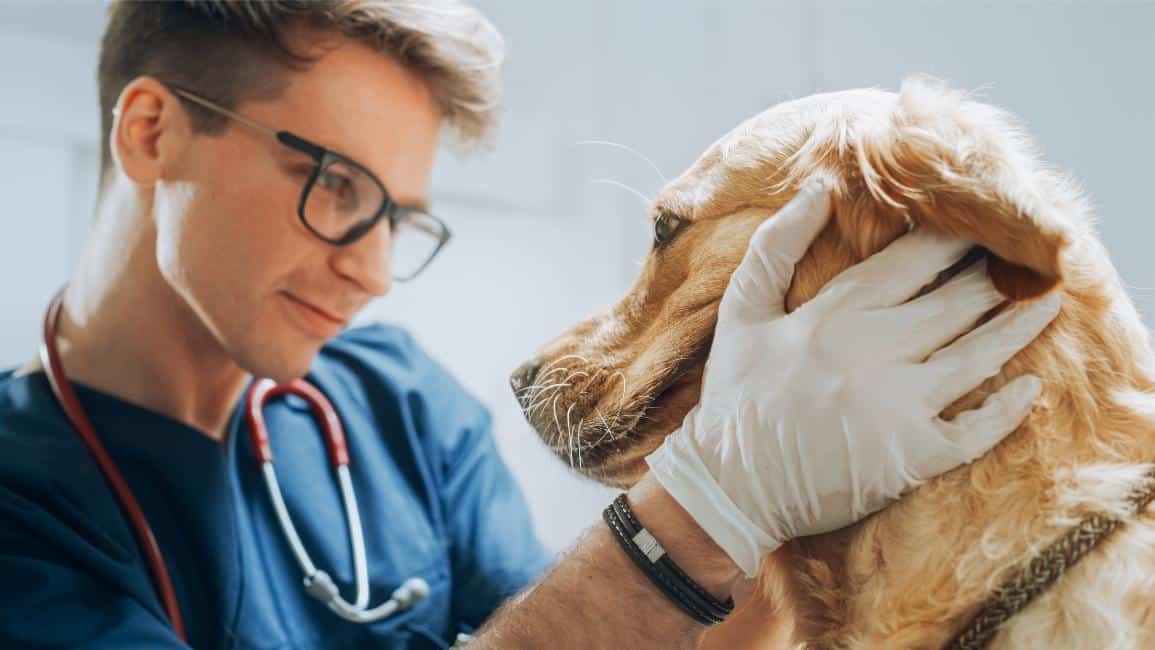When you care for a pet, you know the challenges of ensuring the best health. You don’t have to do this alone. Vets often work together with specialists to give pets the care they need. This collaboration brings a team approach to pet health. A vet in Los Altos might partner with an orthopedic surgeon. This teamwork ensures pets receive the best treatments. Your vet knows your pet’s history and basic health needs. A specialist adds targeted expertise for specific issues. Think of it like building a house. Your general contractor (the vet) collaborates with experts like electricians or plumbers (the specialists) to finish the job correctly. Such partnerships offer more comprehensive care. This approach helps in diagnosing complex conditions, creating detailed treatment plans, and speeding up recovery. With this model, you can trust that your pet gets full attention from different experts working together.
The Role of Specialists in Pet Care
Specialists are crucial in treating specific health issues in pets. They have advanced training in areas like cardiology, dermatology, or neurology. This expertise allows them to address problems that require more than standard care. For example, if your pet has a heart condition, a veterinary cardiologist can provide insights that a general vet may not have. Involving specialists makes treatment more precise and effective.
Benefits of Vet-Specialist Collaboration
When vets and specialists work together, pets receive well-rounded care. Here are the main benefits:
- Accurate Diagnosis: Specialists help pinpoint health problems faster.
- Advanced Treatment: Specialized procedures and therapies can be offered.
- Comprehensive Care: A team approach covers all health needs.
This collaborative method ensures your pet’s health is prioritized from all angles. The vet and specialist communicate regularly to monitor progress and adjust treatments as needed.
How to Access Specialist Services
Your first step should be your regular vet. Discuss any concerns or symptoms your pet has. Your vet can then guide you on whether a specialist is required. Often, they will refer you directly to someone they trust. Many veterinary clinics already have connections with specialists, making the referral process smoother.
Comparing General Vets and Specialists
Aspect | General Vet | Specialist |
|---|---|---|
Training | Basic Veterinary Education | Advanced Training in Specific Field |
Scope | General Health and Routine Care | Focused on Specific Conditions |
Role | Primary Care Provider | Consultant for Specialized Issues |
By understanding the differences between general vets and specialists, you can make informed decisions about your pet’s health needs.
Case Study: A Heart Condition
Consider a dog diagnosed with a heart murmur. The general vet handles routine check-ups and basic care. When the murmur needs detailed attention, a veterinary cardiologist is brought in. This specialist can conduct an echocardiogram to assess heart function and develop a treatment plan. The general vet and cardiologist work together, ensuring the dog’s overall wellness. This teamwork results in better health management and peace of mind for you as a pet owner.
Resources for Pet Owners
For those interested in learning more, the American Veterinary Medical Association offers resources on veterinary specialties and care standards. Additionally, the ASPCA provides guidance on finding the right care for your pet.
These resources can help you understand the benefits of using specialists and how to access them. By being informed, you ensure your pet receives the best possible care.
Conclusion
Collaborating with specialists gives your pet comprehensive care. Through teamwork, pets receive accurate diagnoses and advanced treatments. This approach focuses on overall wellness, combining the efforts of general vets and specialists. By understanding this model, you can navigate your pet’s health journey confidently, ensuring they live a happy and healthy life.



